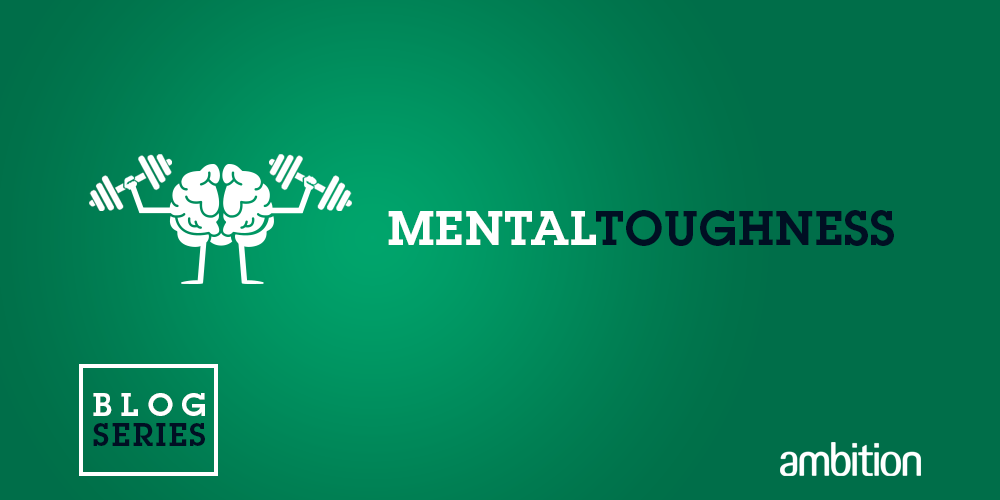Please beware of recruitment scams that are currently targeting jobseekers. Click here for further advice.

30 Minutes a Week Can Improve Wellbeing and Reduce Depression
According to Australian researchers, this simple activity improves your wellbeing and health by reducing your blood pressure, anxiety and depression. The study’s co-author, Dr. Danielle Shanahan from the University of Queensland, found that people who spend just 30 minutes a week in a park have much better mental health than those who don’t.
The longer people spend in the park, the lower their chances of depression and high blood pressure. Shanahan estimates that if everyone visited their local parks for 30 minutes per week this would result in 7% fewer cases of depression and 9% fewer cases of high blood pressure, generating enormous savings to public health budgets.
Her colleague, Dr Richard Fuller, one of the study’s co-authors, adds “We’ve known for a long time that visiting parks is good for our health, but we are now beginning to establish exactly how much time we need to spend in parks to gain these benefits. We now have specific evidence that we need regular visits of at least half an hour to ensure we get these benefits.”
The results come from a survey of 1,538 people living in Brisbane, Australia and published in the journalScientific Reports (Shanahan et al, 2016)
Wellbeing is a critical part of yourmental fitness. Taking time to replenish and rejuvenate yourself when feeling under constant stress and pressure enables you to delay the negative effects and keep going for longer.
Being near the ocean has similar benefits too. I find a regular walk on the beach incredibly calming and was interested to read reviews of a book with surely the world’s longest title:
“Blue Mind: The Surprising Science That Shows How Being Near, In, On, or Under Water Can Make You Happier, Healthier, More Connected and Better at What You Do.”
The author, a marine biologist, Wallace J. Nichols, explains that being around water gives our brains and our senses a rest from the over-stimulation of our everyday lives.
He adds “the sound of water is far more simple than the sound of voices or the sound of music or the sound of a city and the visual input is simplified too. When you stand at the edge of water and look out on the horizon, it’s visually simplified relative to the room you’re sitting in right now, or a city you’re walking through, where you’re taking in millions of pieces of information every second.
When we’re near, on, in or under water, we get a cognitive break because there’s simply less information coming in. Our brains don’t shut down – they keep working, but in a different way. When you have that simplified, quieter ‘blue’ space, your brain is better at a different set of processes.”
Beautifully put. So, as part of your personal wellbeing program include either a walk in the park or time at the beach surfing or swimming or just watching the waves, even for just half an hour a week can work wonders.
To learn more on developing mental fitness and wellbeing contactMental Toughness Partners.
Paul Lyons is an experienced CEO, Coach, Speaker, NED and MTQ48 accredited. As CEO of Mental Toughness Partners, he assists individuals and organisations to develop their mental toughness to improve performance, behaviour and wellbeing. You can find him at paullyons.com and mentaltoughness.partners

![[Blog] An Inside Look Updated](https://image-assets.eu-2.volcanic.cloud/api/v1/assets/images/8c9ad766ba781ebcb563ca4d0b0d416e?size=480x500%3E)
![[Blog] 04 Updated](https://image-assets.eu-2.volcanic.cloud/api/v1/assets/images/46f4bbc60cdddfa07919c5232b0973ad?size=480x500%3E)

![[Blog] Ww A Soh Siew Choo](https://image-assets.eu-2.volcanic.cloud/api/v1/assets/images/6e44dc6390bdcd352b3aa5dfccd8cdf1?size=480x500%3E)
![[Blog] Wwa Andrea Fletcher Update](https://image-assets.eu-2.volcanic.cloud/api/v1/assets/images/3101d5c29b8f39e7c458097f4d3aaa0e?size=480x500%3E)

![[Blog] How Ai Is Changing Finance & Accounting Jobs In Hong Kong](https://image-assets.eu-2.volcanic.cloud/api/v1/assets/images/e9b592e262bd70f27bde3ed1db10dce0?size=480x500%3E)